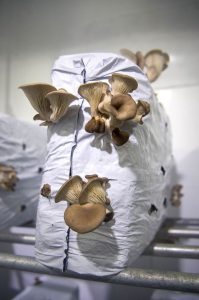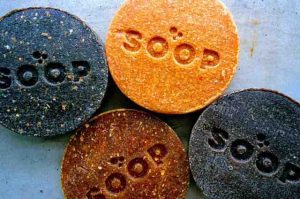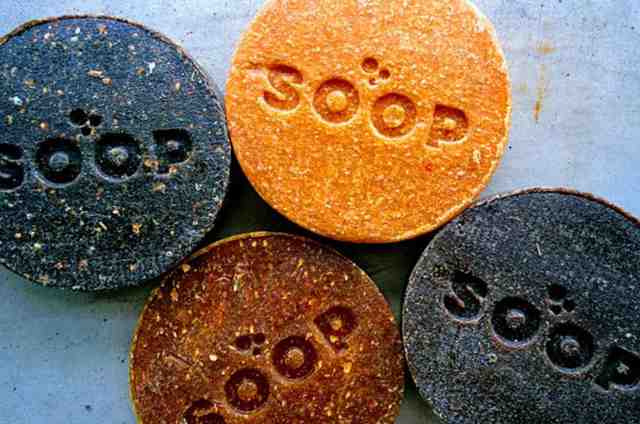Zeeland, the southwestern coastal region of the Netherlands cannot do without tourists, but the rising number of guests is also accompanied by concerns. Globally, tourism is increasing by five to eight percent per year, according to the World Tourism Organization of the United Nations. The sector needs to adapt to an increase in number of tourists, but even more so to the effects of climate change. Events caused by or somehow related to climate change have a tremendous effect on tourism operations and alter future challenges for professionals in the sector. Consequently, the sector will highly benefit from or is even in need of circular adaptations. Due to the fragile coastal ecosystems, especially Coastal and Maritime Tourism (CMT) requires actions and implement regenerative solutions. In teaching skills for coastal and maritime tourism (see the ins and outs of the Skills4CMT project) we therefore pay attention to circularity in the coastal region.
If we zoom in on possibilities regarding circular developments within the CMT sector, we see that in Zeeland, there are several initiatives to make tourism future-proof. The Interreg 2 Seas project FACET, which is co-funded by the EU, is a good example of a project that stimulates such developments (Interreg 2seas, n.d.). FACET aims to encourage and help entrepreneurs in the tourism industry to develop circular solutions and apply them within their business operations. Circular solutions ensure that entrepreneurs can maximize the value of used raw materials and natural resources as efficiently as possible and, where possible, preserve them.
From theory to practice
In the coastal region of Zeeland there are six beach pavilion owners who made a start with thinking about the implementation of circular solutions within their own businesses. Until recently, waste streams went straight into the container. The beach pavilion owners increasingly became more aware of the fact that they can play an important role in this circularity. Many of them now believe they can make a difference in the areas of waste and logistics.
Multiple solutions and practices are being explored, piloted and evaluated. For example by ordering less packaged products and paying close attention to the quantities of food and drinks they purchase. Today, six beach pavilion owners together produce about 12,000 kilos of waste per year. Some of that, such as coffee grounds and seafood waste, they aim to reuse, therewith directly reducing the amount of waste kilograms per year.
One of the examples they are experimenting with is the growing of oyster mushrooms on their own coffee production waste. These oyster mushrooms are later processed into typical Dutch croquettes to be ordered from their menu. Another example entails the waste from seafood production that serves as a breeding ground in oyster beds and the processed orange peels being used for soap.


Although these examples might seem small in nature, they can be of great impact. Especially when scale comes into play and more beach pavilion owners will share these or somewhat similar practices. The Netherlands alone is good for more than 400 beach pavilions. Imagine the difference coastal entrepreneurs can make when they all contribute a little.
Concerning the FACET project, it must be noted that it was also examined whether all circular innovations can and are allowed in terms of regulations and financing. Governments and companies from outside the sector and financiers have joined FACET and think along about the feasibility of circular solutions. Projects like FACET are a great example of how coastal entrepreneurs can make a step forward to circular entrepreneurship, as they take their responsibility and help regenerate the coastal areas.
Within the Erasmus+ Skills4CMT project, regenerating coastal areas plays a vital role. The modules that train stakeholders essential sector specific skills are designed to inspire and educate. We do expect that from this, young professionals will develop tourism activities that contribute to the development of coastal areas. Skills4CMT aligns higher education better to the needs and opportunities of the coastal and maritime tourism sector, since investing in people is a condition for its sustainable growth. The project stimulates regional economies and the creation and maintaining of jobs in coastal communities. Let us all try to think in circles!
Text: Charlotte Röhl, HZ University of Applied Sciences
Photos:
Oesterzwammen op koffiedrab van Radboudumc | Foto | AD.nl
Organische zeep gemaakt van sinaasappelschillen of koffiedik | Vanaf 4.86 | Main Sales Europe


